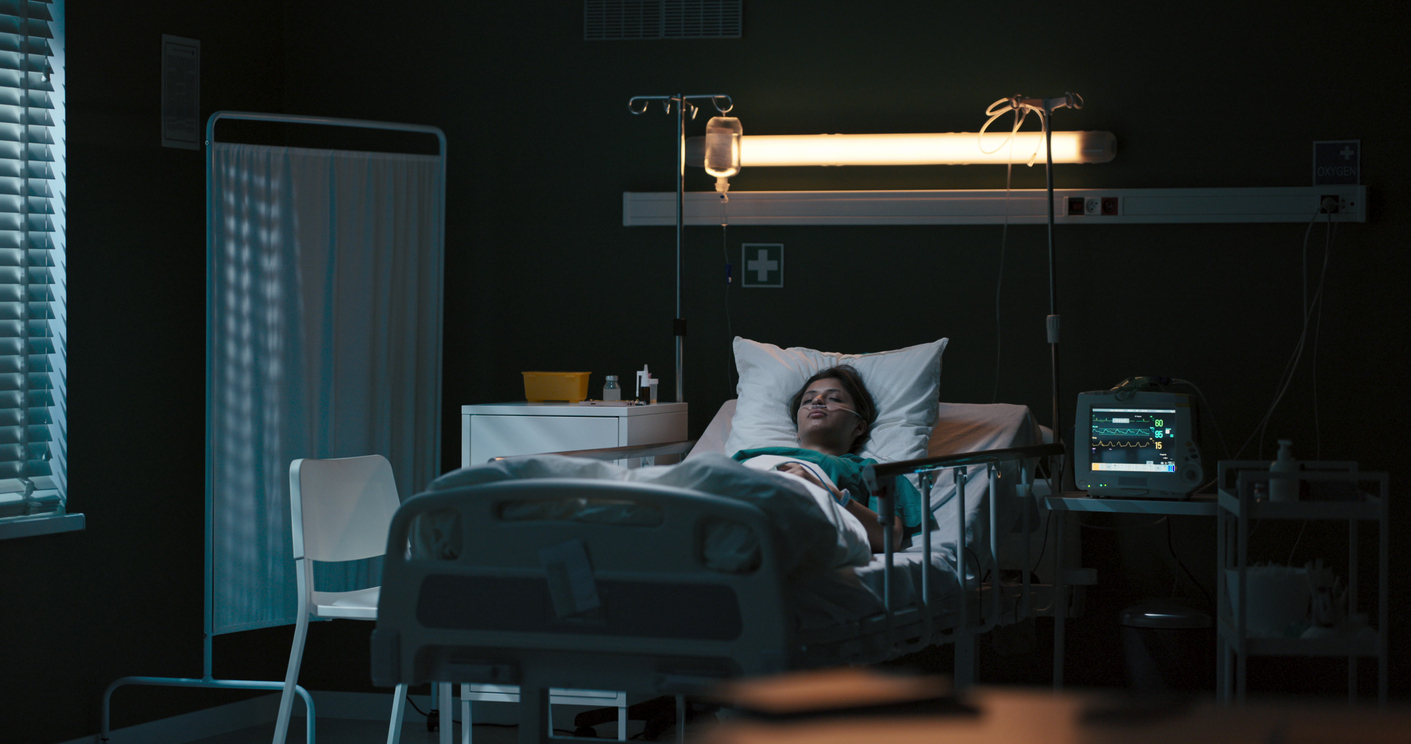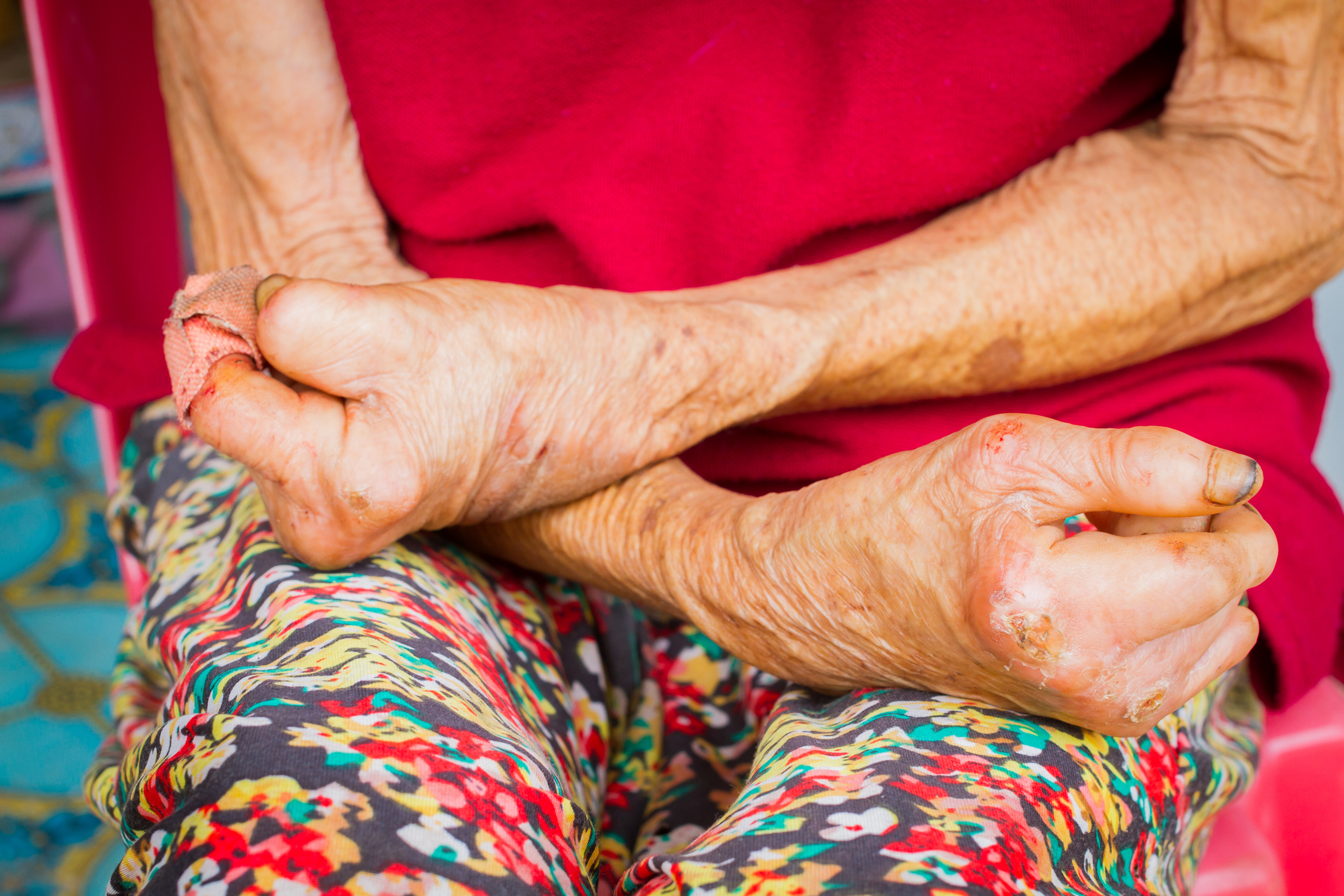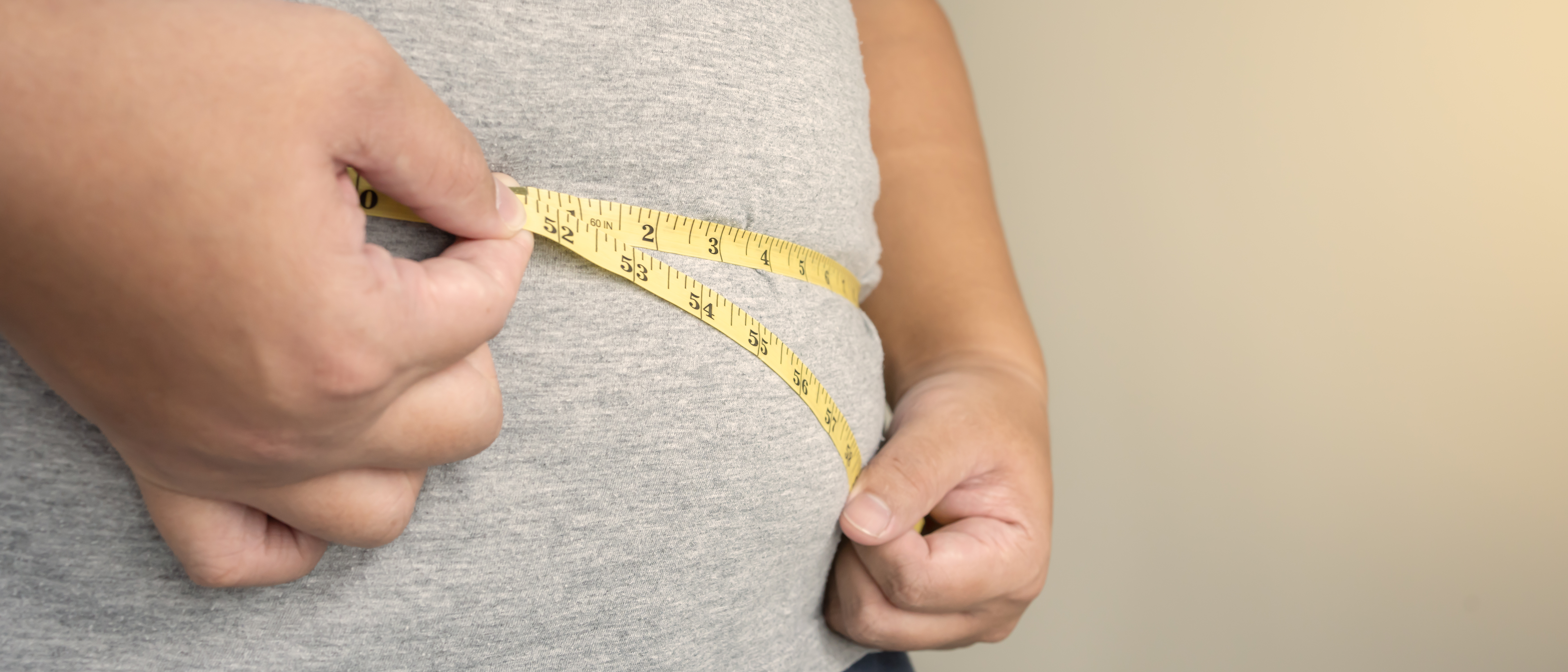2025-07-08
Severe dengue: a victim of its own defense?
Infectiology
#Dengue #ImmuneResponse #Immunity #NKCells
#TCells
Dengue is an arboviral disease endemic in over 100 countries and poses a major public health threat. While most cases are mild, severe forms—severe dengue (SD) or dengue hemorrhagic fever—are marked by vascular hyperpermeability, hypovolemic shock, and a risk of death. Notably, these severe manifestations are often the result of an exacerbated immune response rather than viral replication itself.
Current treatments are exclusively symptomatic. No specific antiviral or validated immunomodulatory therapy is currently available. This lack of targeted therapy is largely due to the complexity of the immune responses involved and the insufficient understanding of the underlying cellular mechanisms.
One of the main challenges lies in understanding how certain immune responses, which are supposed to protect the host, can instead contribute to the clinical severity of dengue. This review aims to identify the key immune cell players and the mechanisms of dysregulation involved, taking into account viral serotype variability and prior exposure history.
This review analyzes selected clinical, animal, and in vitro studies that specifically examine cellular immune responses involved in severe dengue. The activation, dysregulation, and functions of major immune cells—NK cells, monocytes/macrophages, dendritic cells, T and B lymphocytes—are evaluated in response to various dengue virus serotypes. Particular attention is given to the mechanisms promoting hyperinflammation and to the role of antibody-dependent enhancement (ADE) in disease worsening. Immune profiles observed in mild cases are compared with those in severe cases to identify cellular signatures associated with pathological progression.
The review highlights several major alterations in immune response during severe dengue. NK cells and monocytes/macrophages are strongly activated by the infection and massively secrete pro-inflammatory cytokines such as IL-6, TNF-α, and IFN-γ, contributing to a cytokine storm responsible for vascular leakage. Dendritic cells show impaired activation, disrupting coordination between innate and adaptive responses.
CD4+ and CD8+ T cells exhibit intense activation and excessive cytotoxic responses, with high granzyme B and perforin production, directly linked to symptom severity. B cells play an ambivalent role. While they offer protection through neutralizing antibodies, they may also contribute to pathogenesis via ADE. In previously exposed individuals, secondary memory responses can paradoxically worsen the infection by facilitating viral entry into target cells through non-neutralizing antibodies.
Severe dengue is characterized by a dysregulated immune response in which both innate and adaptive cells actively contribute to the breakdown of vascular barriers and clinical worsening. The main challenges are to finely distinguish protective from pathogenic responses, identify predictive biomarkers, and develop therapies targeting immune regulation. This review sought to explore immune dysfunctions in severe dengue to better identify potential therapeutic targets.
Current data underscore the importance of targeted immunomodulation to prevent severe complications. However, this review is limited by data heterogeneity, the lack of strict correlation between cellular activation levels and clinical symptoms, and the scarcity of robust longitudinal studies. Future work should include the development of therapeutic strategies to limit excessive immune cell activation, vaccine designs that consider ADE risks, and better integration of immunological profiles in risk stratification of patients.
Dengue is an arboviral disease endemic in over 100 countries and poses a major public health threat. While most cases are mild, severe forms—severe dengue (SD) or dengue hemorrhagic fever—are marked by vascular hyperpermeability, hypovolemic shock, and a risk of death. Notably, these severe manifestations are often the result of an exacerbated immune response rather than viral replication itself.
Current treatments are exclusively symptomatic. No specific antiviral or validated immunomodulatory therapy is currently available. This lack of targeted therapy is largely due to the complexity of the immune responses involved and the insufficient understanding of the underlying cellular mechanisms.
One of the main challenges lies in understanding how certain immune responses, which are supposed to protect the host, can instead contribute to the clinical severity of dengue. This review aims to identify the key immune cell players and the mechanisms of dysregulation involved, taking into account viral serotype variability and prior exposure history.
Who loses control?
This review analyzes selected clinical, animal, and in vitro studies that specifically examine cellular immune responses involved in severe dengue. The activation, dysregulation, and functions of major immune cells—NK cells, monocytes/macrophages, dendritic cells, T and B lymphocytes—are evaluated in response to various dengue virus serotypes. Particular attention is given to the mechanisms promoting hyperinflammation and to the role of antibody-dependent enhancement (ADE) in disease worsening. Immune profiles observed in mild cases are compared with those in severe cases to identify cellular signatures associated with pathological progression.
The review highlights several major alterations in immune response during severe dengue. NK cells and monocytes/macrophages are strongly activated by the infection and massively secrete pro-inflammatory cytokines such as IL-6, TNF-α, and IFN-γ, contributing to a cytokine storm responsible for vascular leakage. Dendritic cells show impaired activation, disrupting coordination between innate and adaptive responses.
CD4+ and CD8+ T cells exhibit intense activation and excessive cytotoxic responses, with high granzyme B and perforin production, directly linked to symptom severity. B cells play an ambivalent role. While they offer protection through neutralizing antibodies, they may also contribute to pathogenesis via ADE. In previously exposed individuals, secondary memory responses can paradoxically worsen the infection by facilitating viral entry into target cells through non-neutralizing antibodies.
Read next: The vaccine that challenges the standards
When immunity goes haywire
Severe dengue is characterized by a dysregulated immune response in which both innate and adaptive cells actively contribute to the breakdown of vascular barriers and clinical worsening. The main challenges are to finely distinguish protective from pathogenic responses, identify predictive biomarkers, and develop therapies targeting immune regulation. This review sought to explore immune dysfunctions in severe dengue to better identify potential therapeutic targets.
Current data underscore the importance of targeted immunomodulation to prevent severe complications. However, this review is limited by data heterogeneity, the lack of strict correlation between cellular activation levels and clinical symptoms, and the scarcity of robust longitudinal studies. Future work should include the development of therapeutic strategies to limit excessive immune cell activation, vaccine designs that consider ADE risks, and better integration of immunological profiles in risk stratification of patients.
Read next: Dengue and the Mind: The Silent Storm

Last press reviews
Leprosy: a disease still beyond control

By Ana Espino | Published on January 22, 2026 | 3 min read...
Parental alcohol intoxication: the hidden impact on children’s mental health

By Carolina Lima | Published on January 19, 2026 | 3 min read
Obesity: when the kidneys become overwhelmed

By Ana Espino | Published on January 20, 2026 | 3 min read...